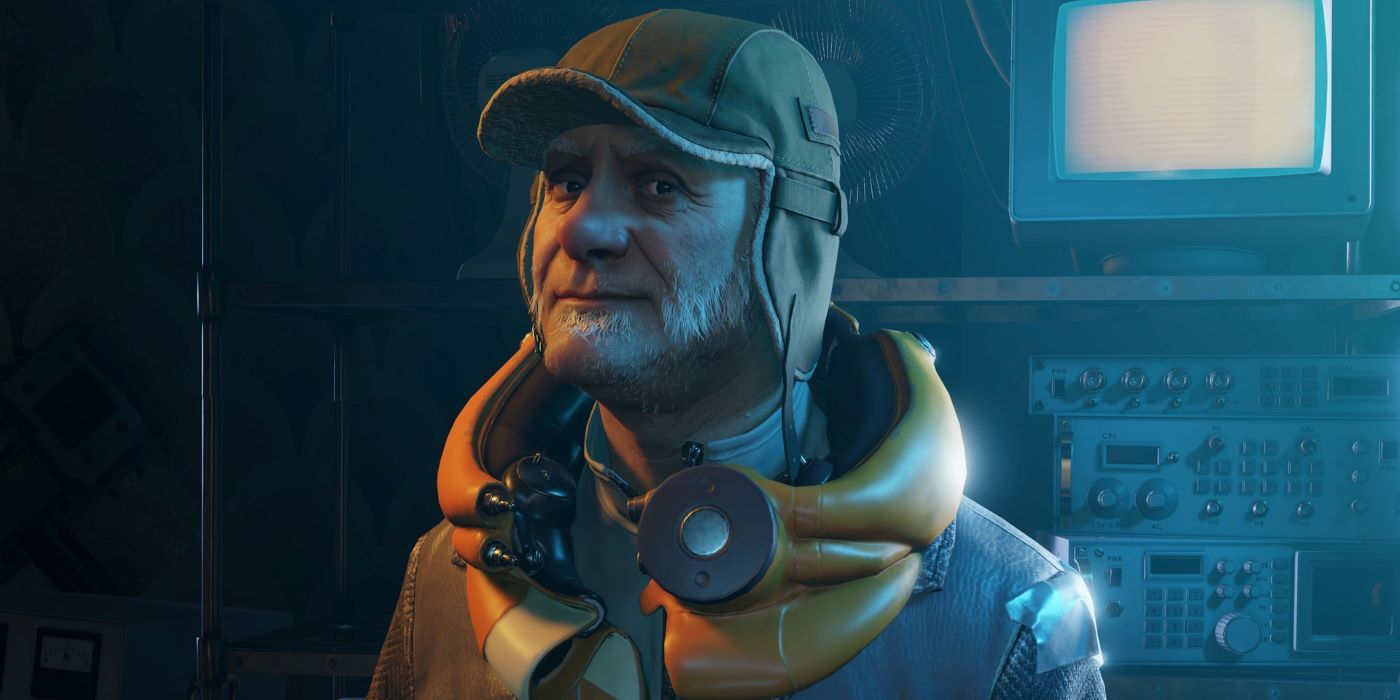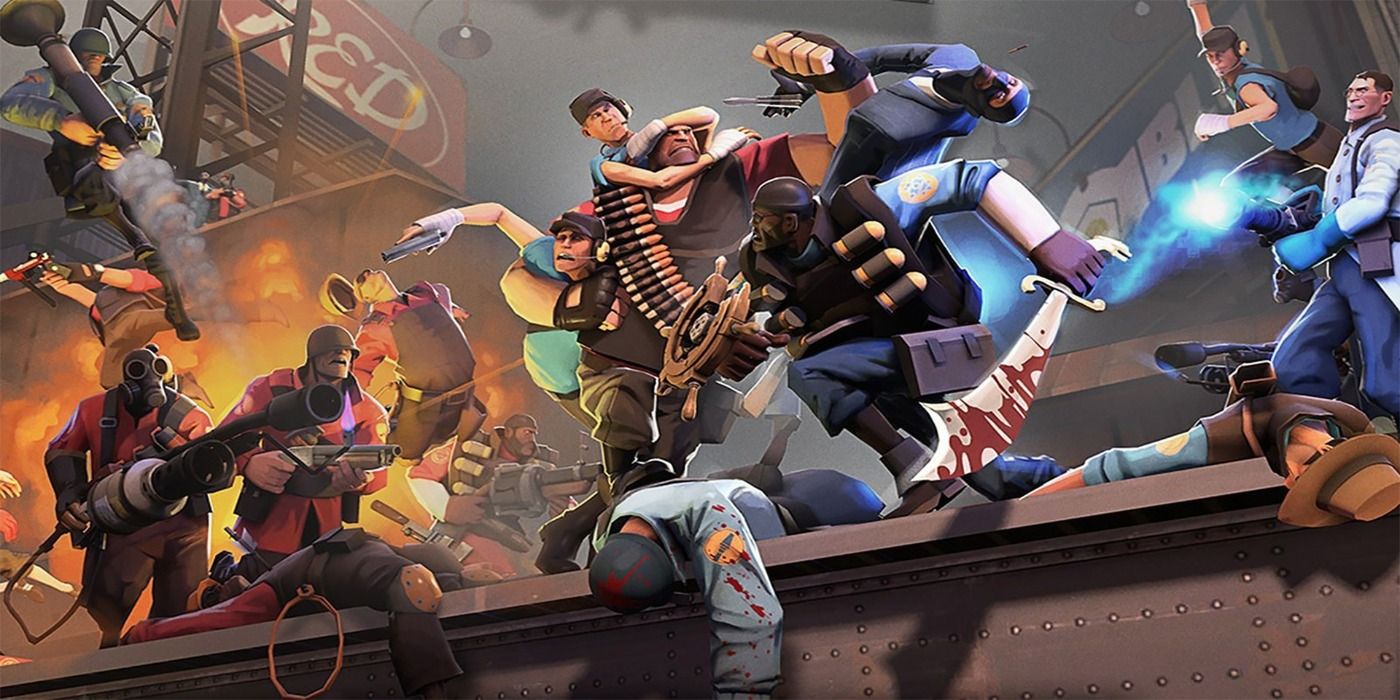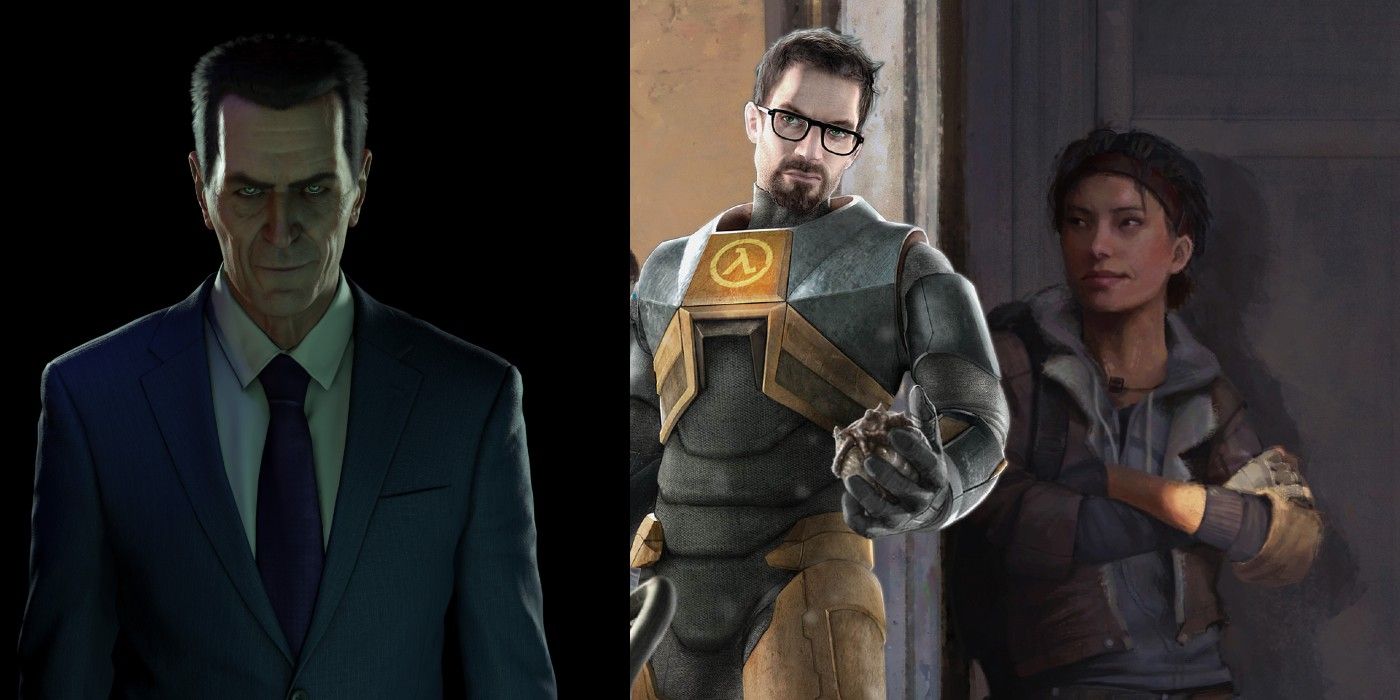Why Valve Should Make Sequels and Not New IP | Game Rant

Every game studio eventually develops a reputation. Nintendo makes family friendly products, From Software likes making daunting challenges, and Valve can't count to three. Valve is certainly a remarkable company that's achieved a lot over the last twenty-five years, as PC gaming wouldn't be the same without the eternally popular Steam to deliver games to fans, but Valve has developed a lot of games of note too. With everything from Team Fortress to Left 4 Dead to Portal to its name, Valve defined a lot of player's experiences in the early 2000s. Unfortunately, these games didn't always get as many sequels as players wanted.
Steam is still going strong, but Valve's game development has largely petered out in the last few years. The card game Artifact popped up in 2018, but it failed to gain traction, and Valve is still deciding its future. Valve has said recently that it has several games in development now, so the relative drought is finally over. The question is if Valve wants to redefine itself by starting several new IPs or if it's going to return to its roots. It might decide to go back and relive the glory days, and if it does, Valve has a whole lot to gain from potential still lying in wait.

The clearest reason that Valve should lean on their existing IPs is that there's a market for them. Fans have been begging Valve to make Half-Life 3 for years, and they'd probably still be interested if Valve returned to them now. Some of Valve's sequel options are being played to this day—it's been out for well over ten years and Team Fortress 2 still has a lively player base. Counter-Strike: Global Offensive is also going strong and has one of the most active competitive scenes of all FPS games, and the recent emergence of Back 4 Blood indicates there's still interest in the kinds of games that Valve pioneered for so many years.
Valve already has its fingers in a lot of valuable pies. If it comes out with a new IP now, it'd certainly get some attention just from Valve's pedigree. However, it would still need to prove itself. In fact, the popularity of Valve's old IPs might actively work against a new one. Fans looking forward to the game's Valve is working on are likely to hope that they are the sequels and threequels that they've been waiting for. If they're not, then a large part of the customer base might be disappointed and lose interest in the new IP. Valve is gambling if it starts a new franchise now.

Valve certainly still knows how to make a game. One of 2020's biggest hits was Half-Life: Alyx, a VR FPS and Valve's first time back in the Half-Life universe since 2007. Critics and fans loved Half-Life: Alyx so much that it won Best VR Game at The Game Awards 2020 over strong contenders like Phasmophobia. However, Alyx's quality isn't just what makes it remarkable. Valve's decision to go back to Half-Life after so long makes it seems like Valve is gauging player interest in its old properties. It also shows that Valve's old properties will benefit from next-gen technology, while games like Portal and Half-Life deserve to be brought into the modern age.
For Valve fans, the return to Half-Life definitely a good thing. The positive response to Half-Life: Alyx might be just what pushes Valve to return to old IPs instead of trying to start from scratch. Frankly, the hardest part of developing a sequel all this time is deciding where to start. If Valve clues in fans on the fact that it's developing new sequels, heated debates are bound to rage about whether it should make Portal 3 or Half-Life 3 first. Whatever Valve settles on, it'll have a much easier time selling fans on the game than it would with something new. There's lots of Valve content that fans want to see more of, and they'd like to see it soon.

Post a Comment